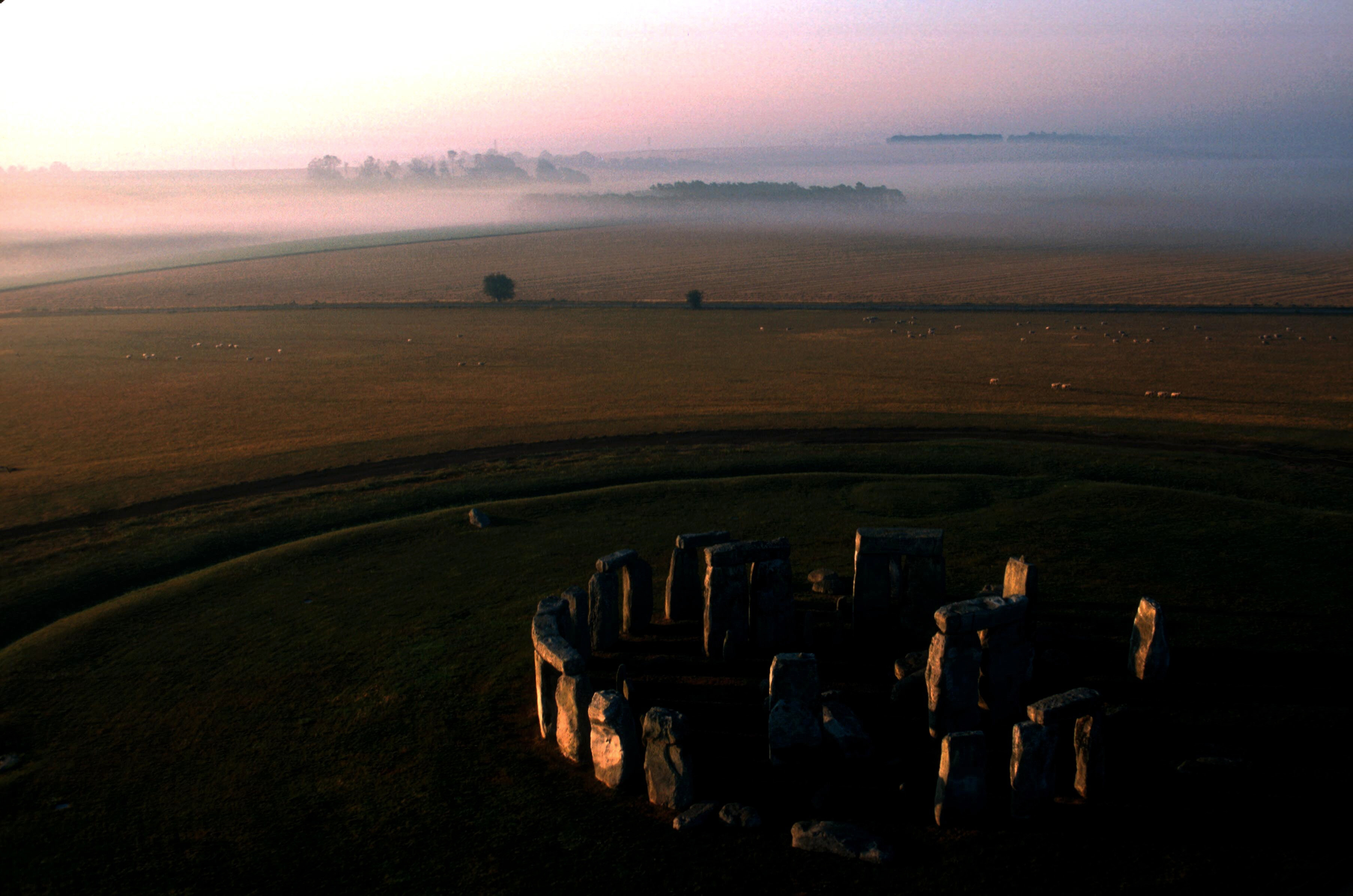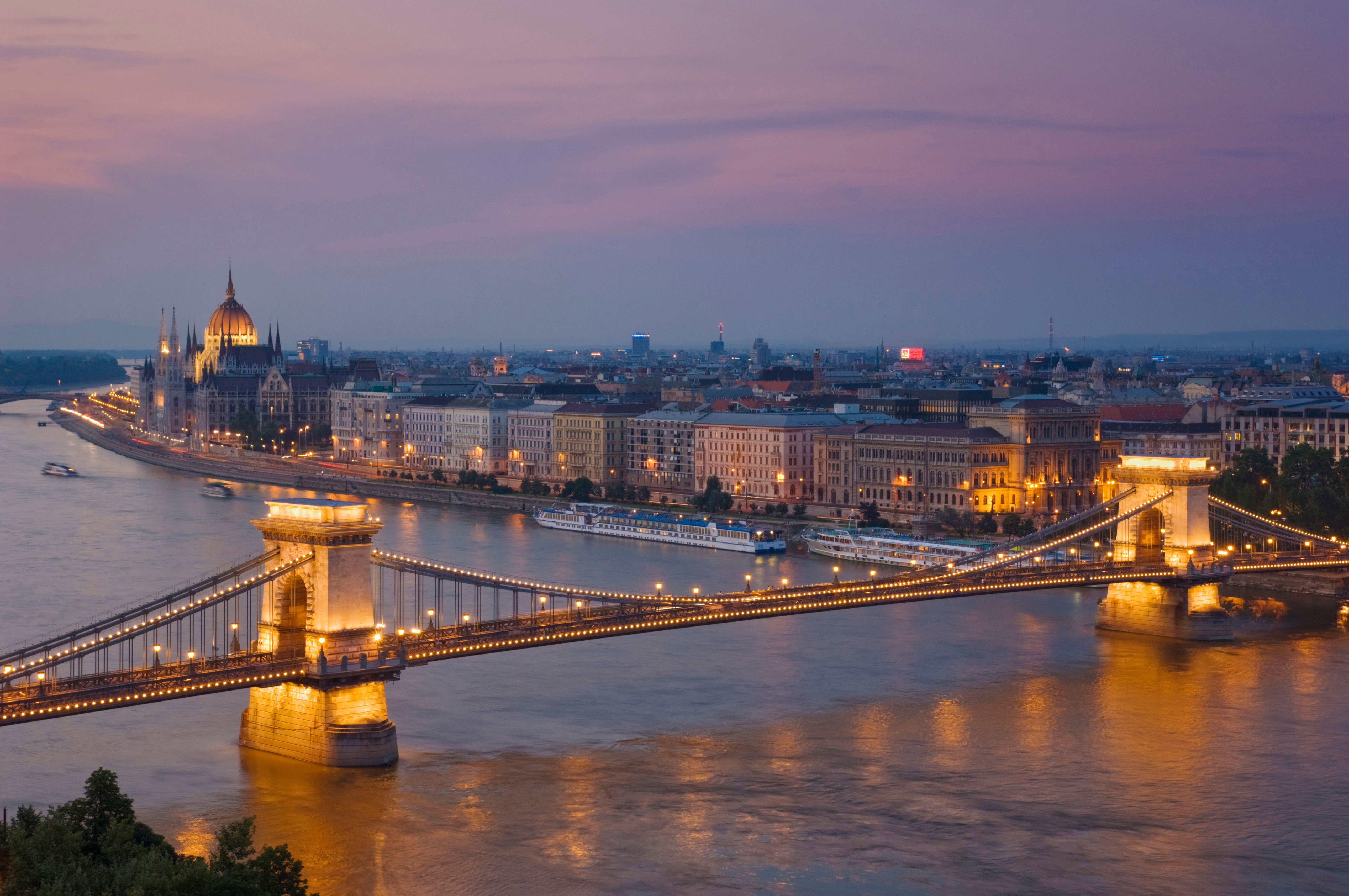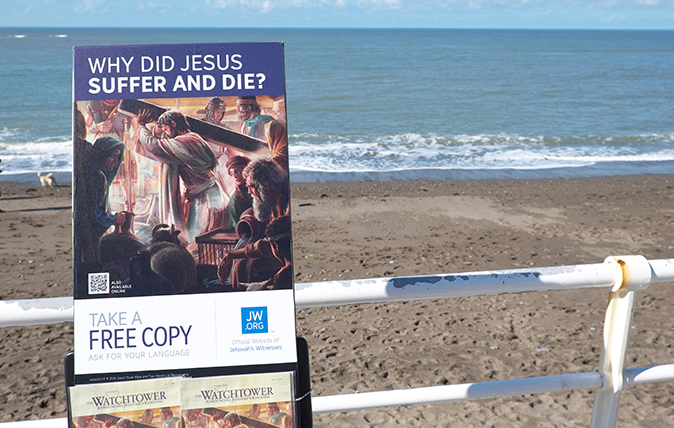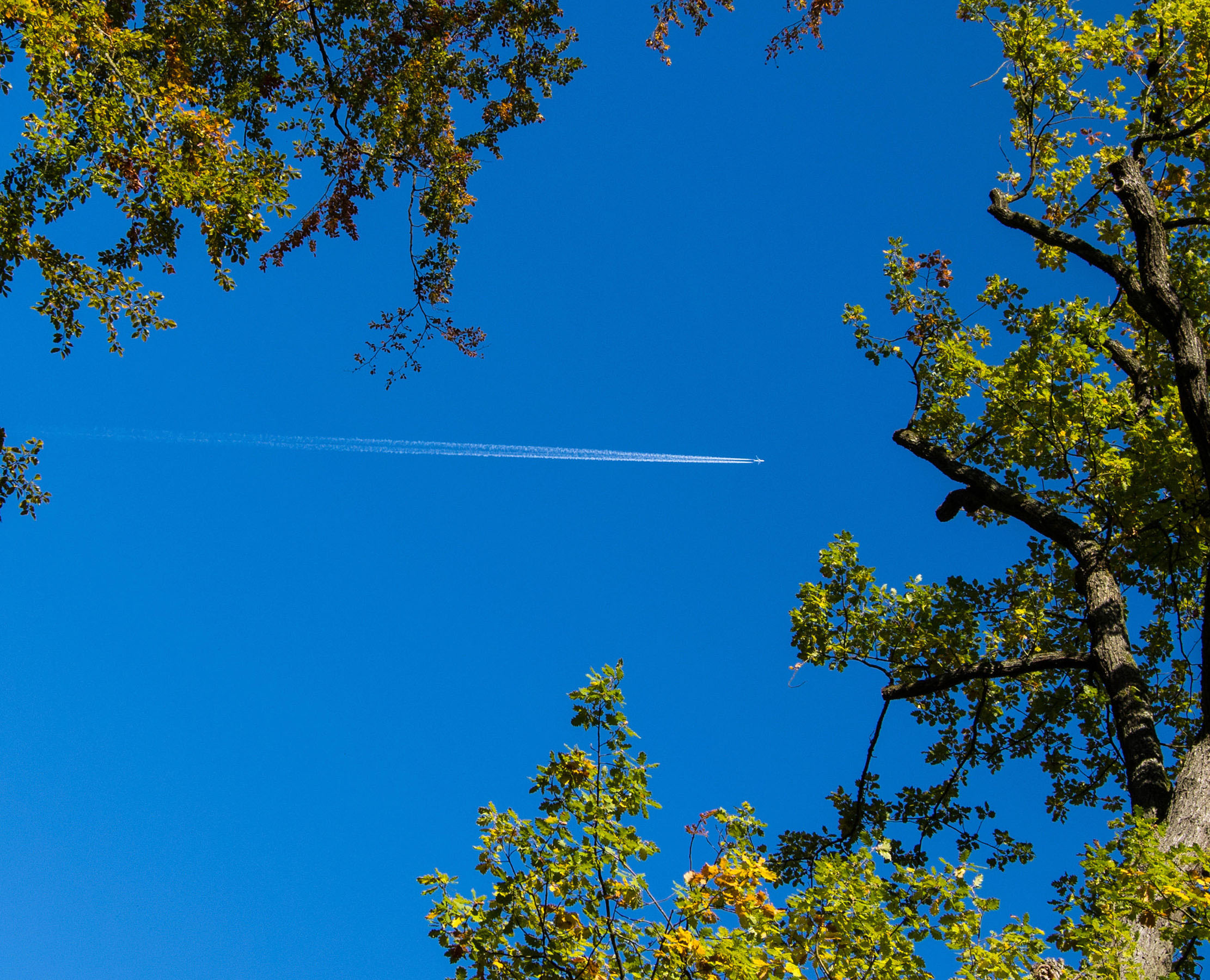Jason Goodwin: 'What gets lost will be forever lost, whereas pylons, cars and trains may be rendered obsolete'
Jason Goodwin muses on economics, Stonehenge and social media.

Think small: it’s more beautiful. Years ago, I was chased around a dining table in Shad Thames by a feisty publisher called Anthony Blond, one of the last of a generation who believed in three-bottle lunches and flying by the seat of his pants. I was rescued only by the timely arrival of his wife.
Blond published Simon Raven and Jennifer Patterson, Jean Genet and Harold Robbins, but perhaps his finest moment came when he accepted a dog-eared manuscript called Homecomers: Economics as if People Mattered and published it, instead, under the title Small is Beautiful.
Small, too, was the response, until Governor Jerry Brown of California got hold of a copy and passed it to Jimmy Carter, who subsequently invited its author, E. F. Schumacher, to the White House. The book took off, on both sides of the Atlantic, and made Blond a great deal of money.
I thought of him again last week. Walking through the fog, following a footpath above a nearby village, I came across two JCB diggers scooping up earth and chalk. They were lifting it from one side and depositing it on the other, observed by eight men in hard hats and hi-vis jackets. The scene was one of desolation. The men and diggers were burying a set of power lines that had previously been carried on pylons.
A raw strip of excavated ground, several hundred feet wide, fenced and lined with granite chippings, trailed away in each direction, as far as the eye could see.
"I don’t think it’s a coincidence that a few years ago, over the hill from Stonehenge, the A303 was pumped up into a multi-lane carriageway lined with fast-food joints, car parks, petrol stations and prefabricated hangars"
In the village itself, several new roads, with traffic lights and boxy container offices, have been built to sustain the project; emergency archaeology has been performed; people with clipboards and iPads are employed in monitoring roles. The landscape has been churned over, but will then be returned, we are assured, to a pristine state as soon as the pylons have been dismantled.
It reminds me of that section of the A303 that goes right past Stonehenge, which the authorities intend to put into a four-lane tunnel. I don’t think it’s a coincidence that a few years ago, over the hill from Stonehenge, the A303 was pumped up into a multi-lane carriageway lined with fast-food joints, car parks, petrol stations and prefabricated hangars, promoting itself without a whiff of shame or irony as the Solstice Park, the lights of which can be seen glowing at night from the edge of the ancient stone circle.
Exquisite houses, the beauty of Nature, and how to get the most from your life, straight to your inbox.
Having seen the swathe of dereliction cut through the Dorset hills to bury a few cables, I can only imagine what the Stonehenge tunnel will then do to Wiltshire’s sacred landscape, without solving the traffic jams. Ditto HS2, to be dug as wide as the pitch at Wembley all the way from London to Birmingham and beyond. What gets lost will be forever lost, whereas the pylons, cars and high-speed trains may be rendered obsolete overnight by some invention as yet unseen.
This pandemic has swept us all up in Grands Projets of statistics and control. The NHS is a wheezing behemoth. Amazon is a monopoly. Issigonis’s Mini has been reborn on steroids. Government is too centralised and so is the Church of England. The EU is so big and out of touch that I expect it to collapse in my lifetime. Mass tourism is what kills the thing it loves. Social media, data mining, troll farms and the Internet of Things are all outsized and doomed. I sometimes have my doubts about Christmas, but, happily, there is only a tiny baby at the heart of it.

Jason Goodwin: In memory of Norman Stone, my tutor, guide, world traveller — and friend
Jason Goodwin pays tribute to an old friend and mentor.

Jason Goodwin: Keeping up with the Jehovahs
'I don’t get into theological debate with them; I simply like to bask awhile in their radiant happiness'

Book review: Best books for walkers
Jason Goodwin recommends a clutch of new books on the them of walking the British Isles

Credit: Alamy Stock Photo
Jason Goodwin: 'I found myself shaking my fist at an aeroplane, as outraged by the interruption as any uncontacted tribesman in the rainforest'
Jason Goodwin's efforts to transcribe his father's colourful life story are suffering all sorts of unusual interruptions.

Credit: Getty
Jason Goodwin: 'In those days, the French government seemed to use sugar wrappers to effect social change'
Jason Goodwin speaks of collections – from stamps and bus tickets to sugar packets and mushrooms.